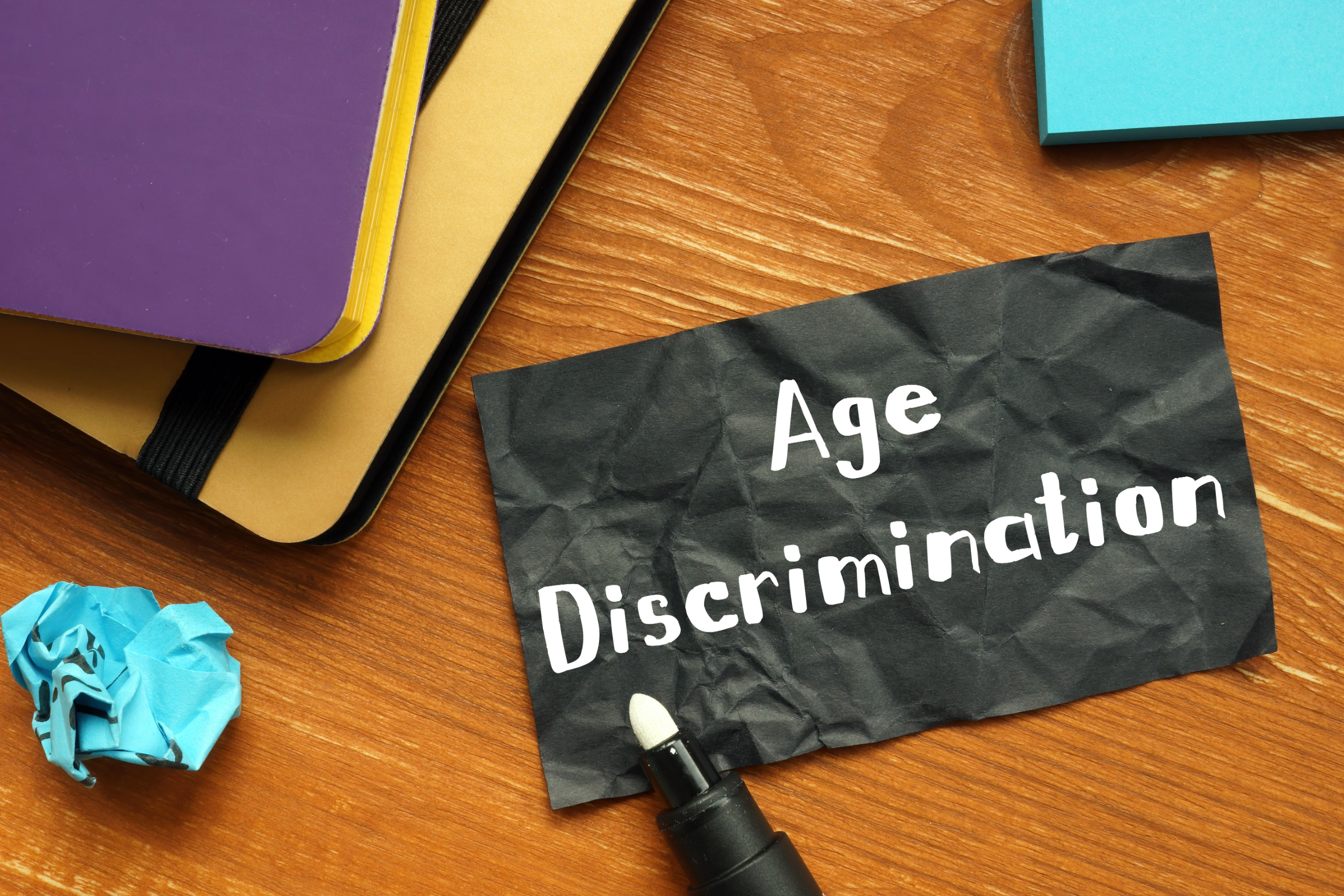2 min read
Court Reviews Immunity Claim in Martinez v. Texas Tech University
Joe Whitcomb
:
November 26, 2024

Maria Martinez, a 72-year-old employee of Texas Tech University, brought a lawsuit against the university system alleging age discrimination under the Texas Labor Code and negligence following an injury on campus. The case stemmed from two central claims: her termination due to alleged age bias and a workplace fall caused by a hazardous condition.
Martinez asserted that her dismissal was part of an effort to replace older employees with younger successors. She pointed to an internal succession planning email that highlighted the average age of senior employees and their proximity to retirement eligibility. In addition to age discrimination, she claimed the university failed to maintain safe premises, leading to her injury.
Texas Tech University responded with a plea to the jurisdiction, asserting sovereign immunity against the premises liability and age discrimination claims. The trial court denied the plea, allowing the case to proceed. The university appealed this decision.
Procedural History
The Texas Court of Appeals reviewed the trial court's ruling. Martinez argued that her claims of age discrimination fell under statutory exceptions to sovereign immunity, while her negligence claim was covered by the Texas Tort Claims Act (TTCA). She emphasized that her injury resulted from the university’s failure to address a hazardous wet floor.
The appellate court upheld the trial court’s decision, allowing Martinez’s claims to move forward. Texas Tech University then appealed to the Texas Supreme Court, challenging both the age discrimination and premises liability claims.
Texas Supreme Court’s Analysis
The Texas Supreme Court examined two primary issues:
- Whether Martinez’s age discrimination claim could overcome sovereign immunity under the Texas Labor Code.
- Whether the premises defect claim demonstrated the university's actual or constructive knowledge of the hazardous condition.
Age Discrimination Claim
Martinez argued that her dismissal was age-related, pointing to evidence of internal communications discussing employee age and retirement planning. She claimed that the focus on succession planning reflected a bias against older employees.
The court evaluated whether Martinez provided sufficient evidence to show discriminatory intent. While the university cited performance issues as the reason for her termination, the court noted the relevance of the internal emails in potentially establishing pretext. Despite this, the court found that Martinez’s evidence was insufficient to demonstrate age bias under the stringent requirements to waive sovereign immunity.
Premises Liability Claim
Martinez’s negligence claim centered on her fall due to a wet floor on university property. To proceed under the TTCA, she needed to establish that Texas Tech had actual or constructive knowledge of the dangerous condition.
The court determined that while Martinez demonstrated the existence of a premises defect, she failed to show that university employees were aware of the wet floor before her fall. Without such evidence, the TTCA’s limited waiver of immunity did not apply.
Conclusion
The Texas Supreme Court reversed the appellate court’s decision, dismissing both claims on the basis of sovereign immunity. The ruling underscores the high evidentiary threshold plaintiffs must meet to pursue claims against government entities under Texas law.
If you believe you’ve been injured due to negligence, contact Whitcomb, Selinsky PC today. Our team is here to advocate for your rights and help you achieve the best possible outcome.


